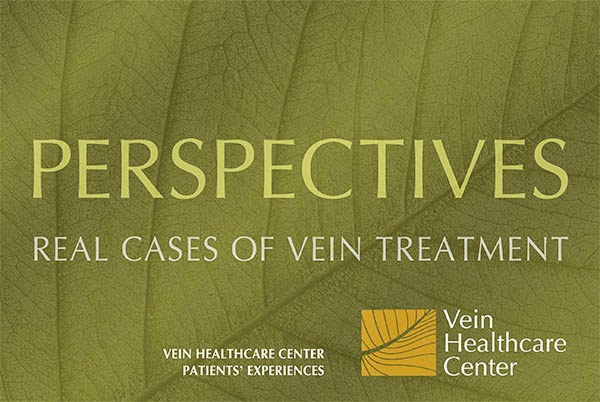Like the color of your eyes, varicose veins are a trait that runs in the family.
Since venous disease does have a strong genetic component, it’s important for people
to be aware of venous disease and its symptoms
and, as with any illness, to know the family history.
If someone in your family has
experienced vein disorders or has visible veins on their legs, your risk of the
disease is much higher. For example, someone with first-degree family members
with vein issues will find the risk is significantly increased.
But just because you watched your
mother and your mother’s mother (and so on) suffer from painful and unsightly
veins, that doesn’t mean you’re destined to the same fate. Even if you are not currently
experiencing symptoms, an evaluation with an experienced phlebologist (vein specialist) can tell you the condition of your venous
system, as well as possible interventions and prevention. Modern vein
treatments, such as endovenous laser ablation
and sclerotherapy, are minimally invasive and
extremely effective.


